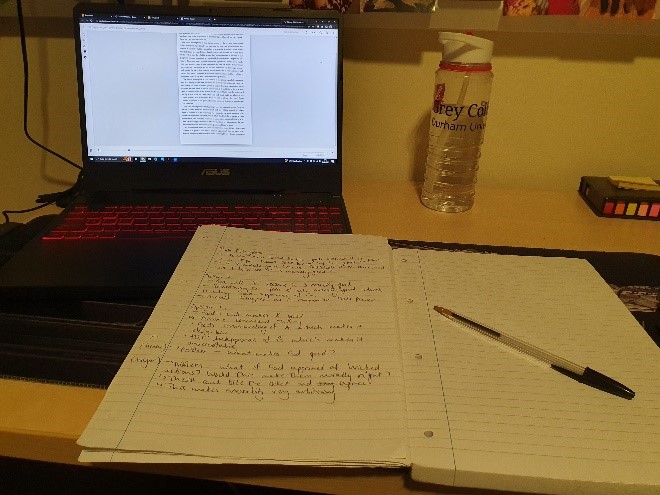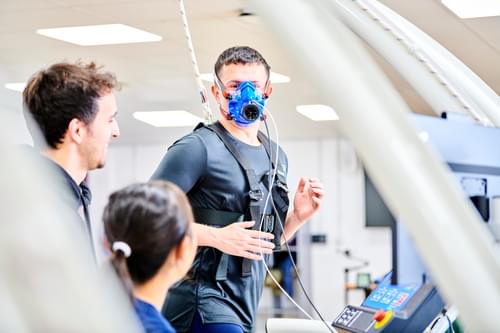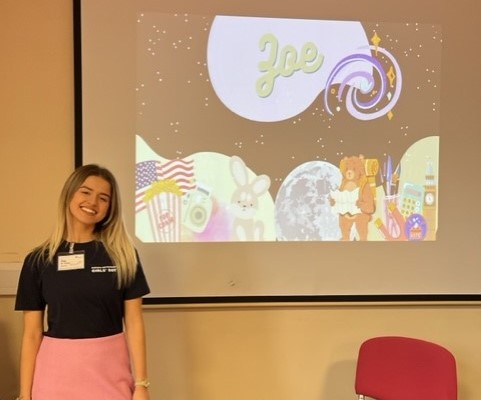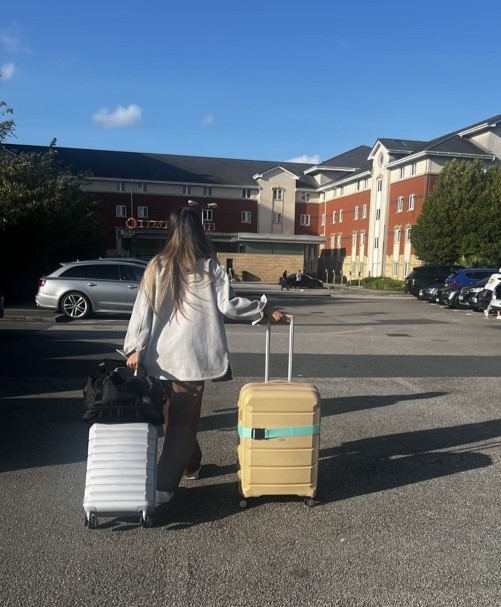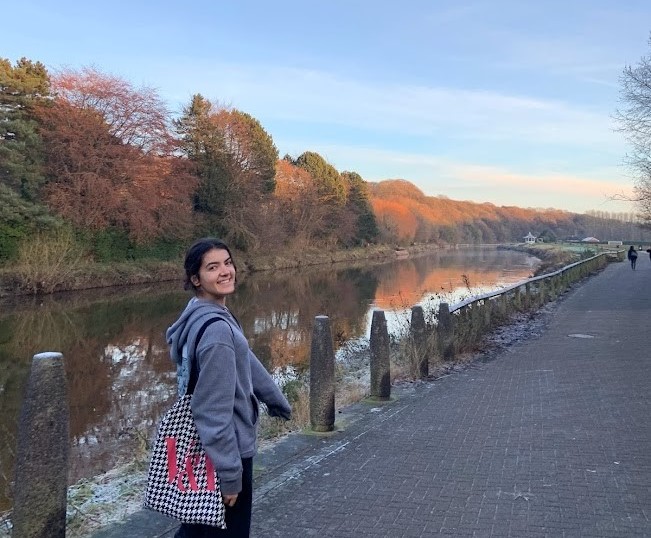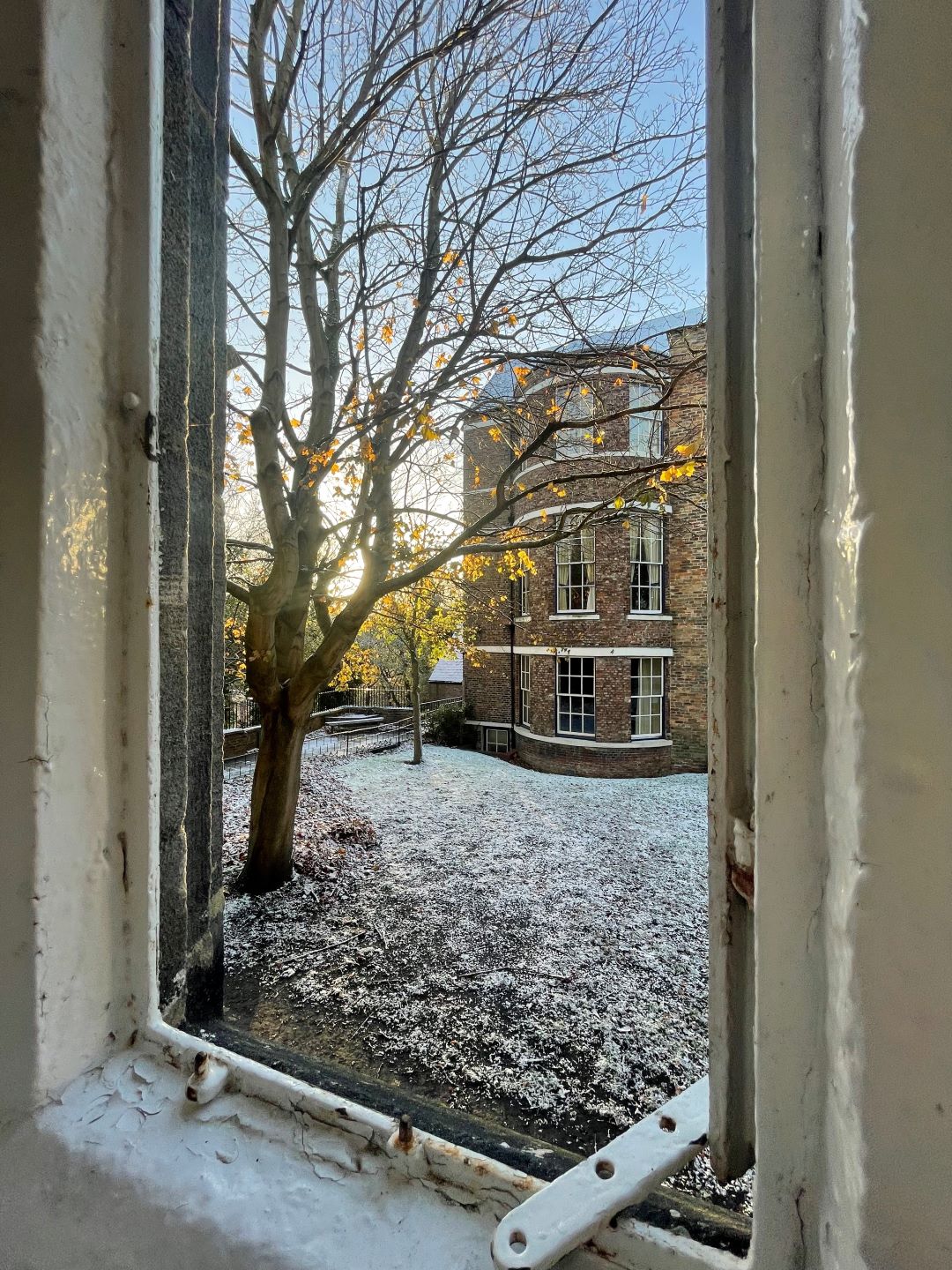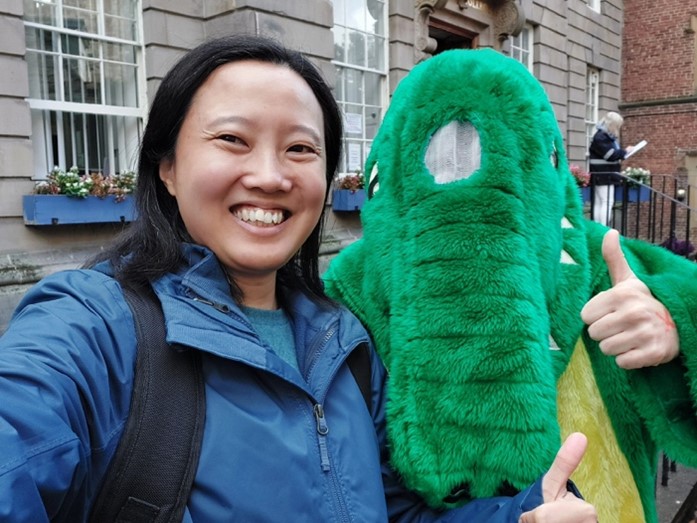PPE is a degree that is comprised of philosophy, politics and economics. While most other degrees are only taught by one academic department, PPE is taught by the departments of philosophy, economics and finance, and the School of Government and International Affairs (SGIA). This definitely makes it one of the broadest and most varied degrees that Durham has to offer.
The three subjects haven’t been put together randomly, they are inherently linked and I regularly find that they intertwine. For example, the theory of moral relativism in philosophy is heavily applicable in the topic of feminism, freedom and cultural practices in politics. What intrigues me about all three subjects is that they consistently ask an array of highly topical questions about our society and government – questions that people have been asking for hundreds of years. Being able to bring together the knowledge from all three to answer and debate these questions is what I like about PPE and what drew me towards it when choosing a degree.
What’s the work like?
As a first year PPE student, almost all of my modules are compulsory ones, which means that there are a lot of students that take them. I often find my lectures in large halls with a lot of students, some studying PPE, but many others studying degrees which involve the same module. For example, in an economics lecture there will be a wide variety of students studying PPE, Economics, Economics and Politics, Economics and Management, Economics with a Language, Combined Honours in Social Sciences, Liberal Arts, Natural Sciences etc.
A common misconception that some people have is that because I study three separate subjects, I have triple the workload – this is not the case. All students study 120 credits worth of modules (usually 6 modules worth 20 credits each); for PPE, this simply means the degree is broken down into 40 credits (2 modules) for each subject in first year. Thus, the workload is similar to other humanities/social sciences students.
As a humanities/social sciences student, a good proportion of my degree is spent doing independent work, primarily consisting of reading and making notes. The main photo above shows my generic view when doing work at my desk. Another misconception that I had before university was that I would have to spend hours reading books in a library. However, the reality is that most books/journals are available online. The Durham Online Library has the vast majority of academic readings that I need. On the odd chance that it doesn’t, being a Durham student allows you to access most online academic resource websites such as JSTOR. I can also find books in the Bill Bryson (university library) or some college libraries.
How is my week structured?
For each of my two philosophy and two politics modules, I have one lecture per week (1 hour each). For each of my two economics modules, I have two lectures per week (1 hour each). This makes 8 hours of lectures distributed throughout the week. For all of my modules, I also have one seminar/tutorial per fortnight (1 hour each) – these are distributed evenly throughout the fortnight (three per week for me although other PPE students may differ). This makes 11 contact hours a week. In between contact hours, I usually go back to college to eat, work or relax and sometimes find somewhere to sit and do work in one of the university’s many study spaces.
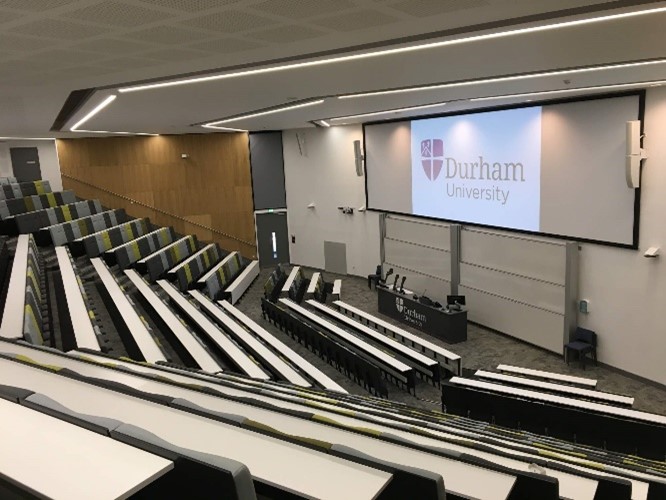
Discover more
To find out more about each department, you can visit the webpages here: Philosophy webpages SGIA webpages Durham University Business School
Create your own personalised prospectus here
Follow our students on Instagram, TikTok and YouTube


